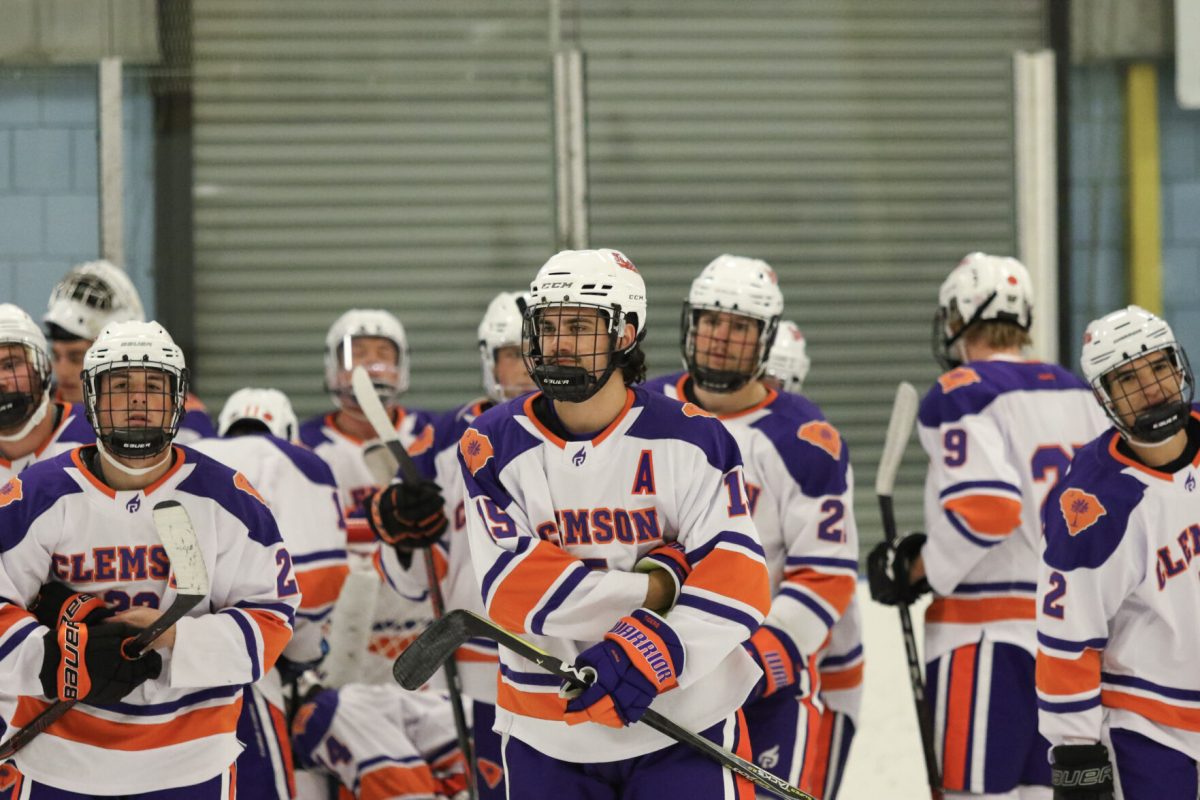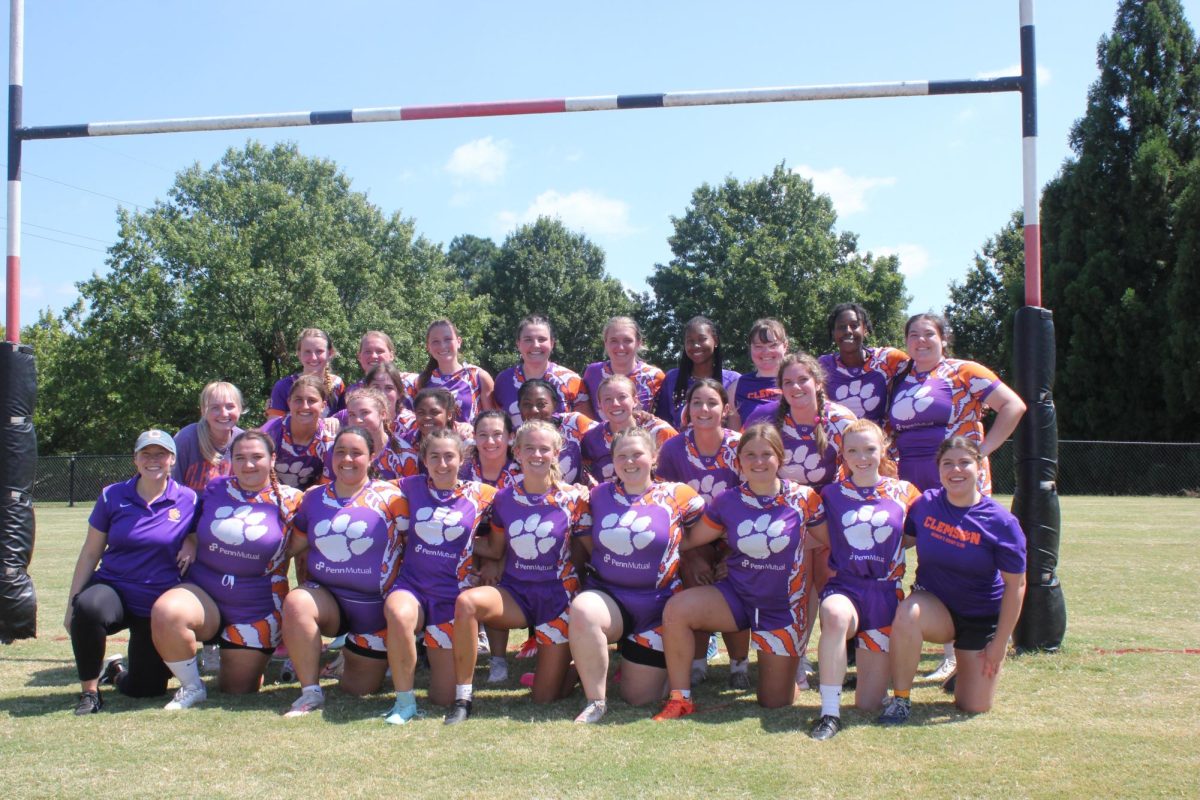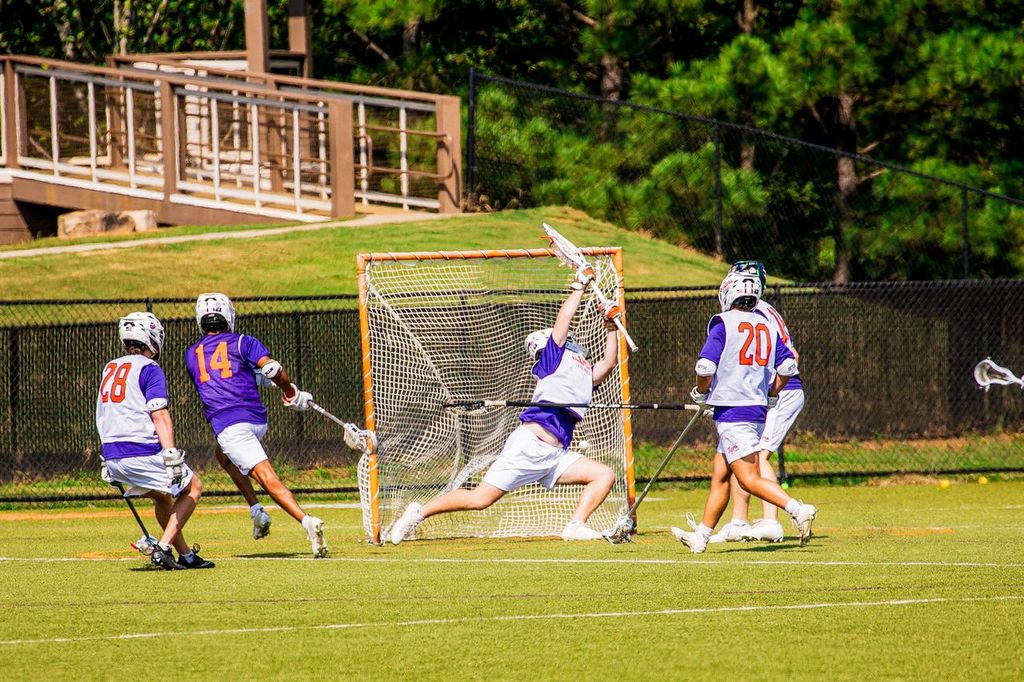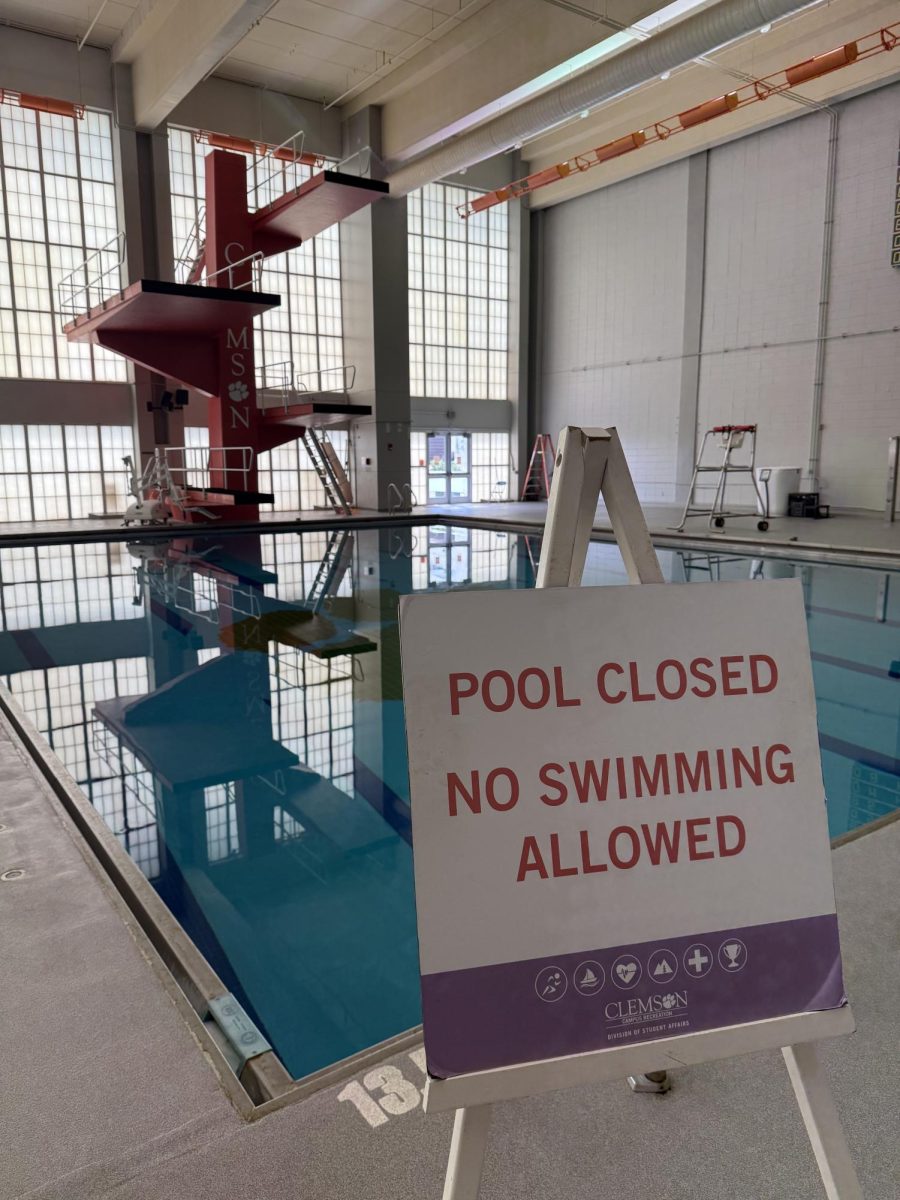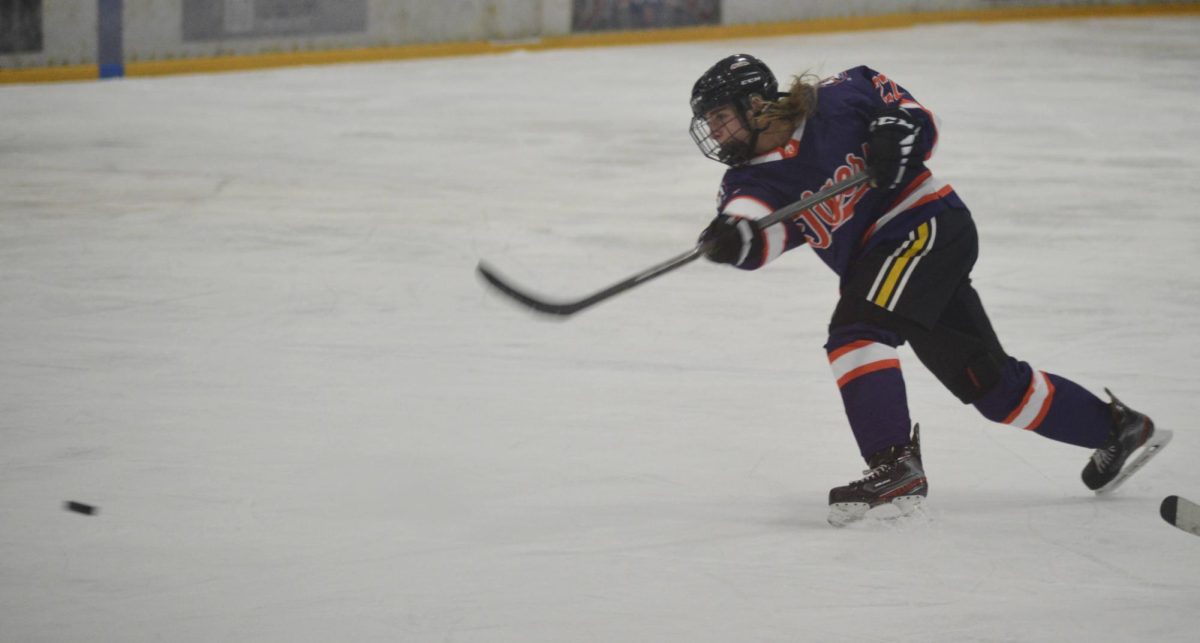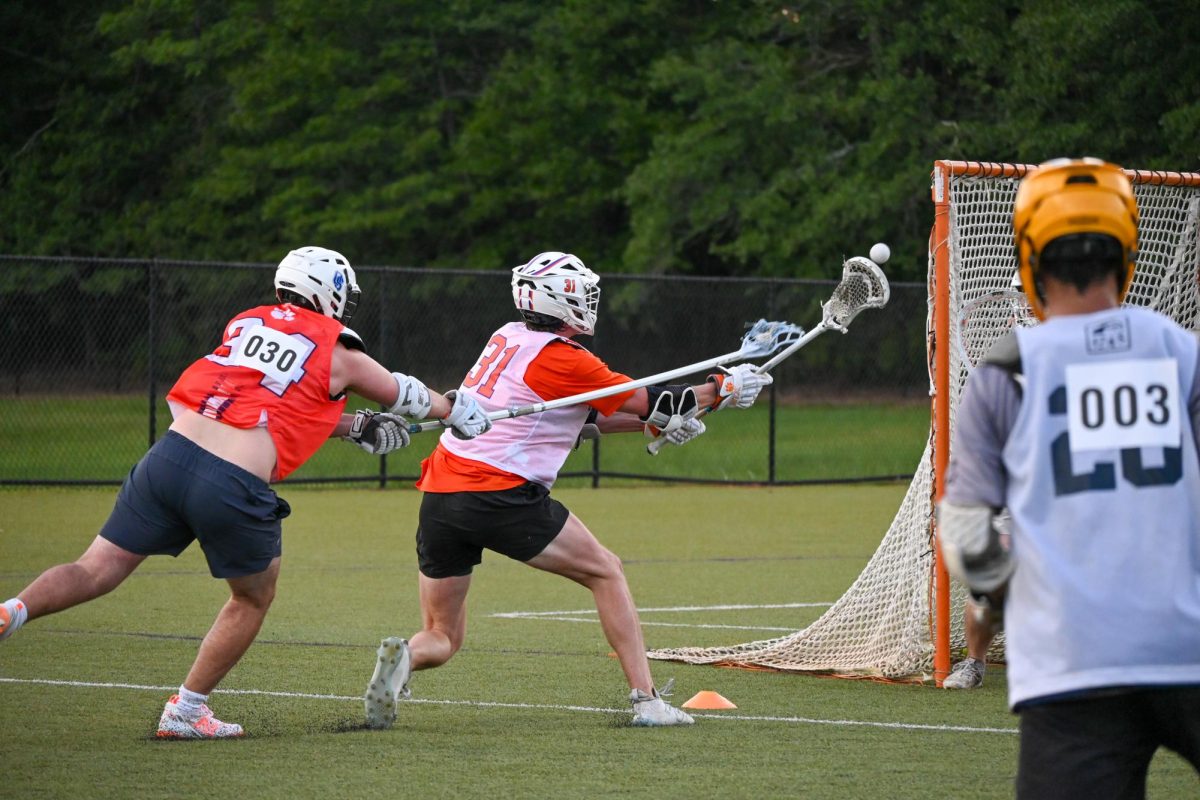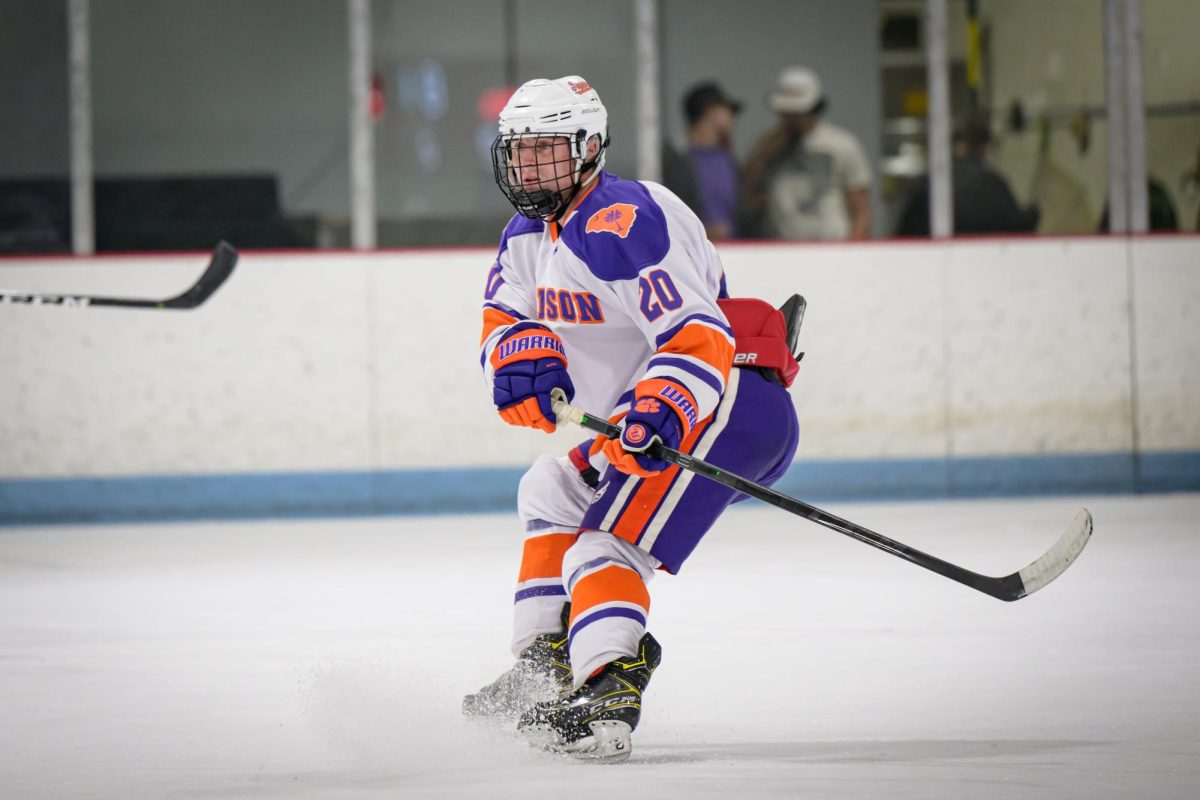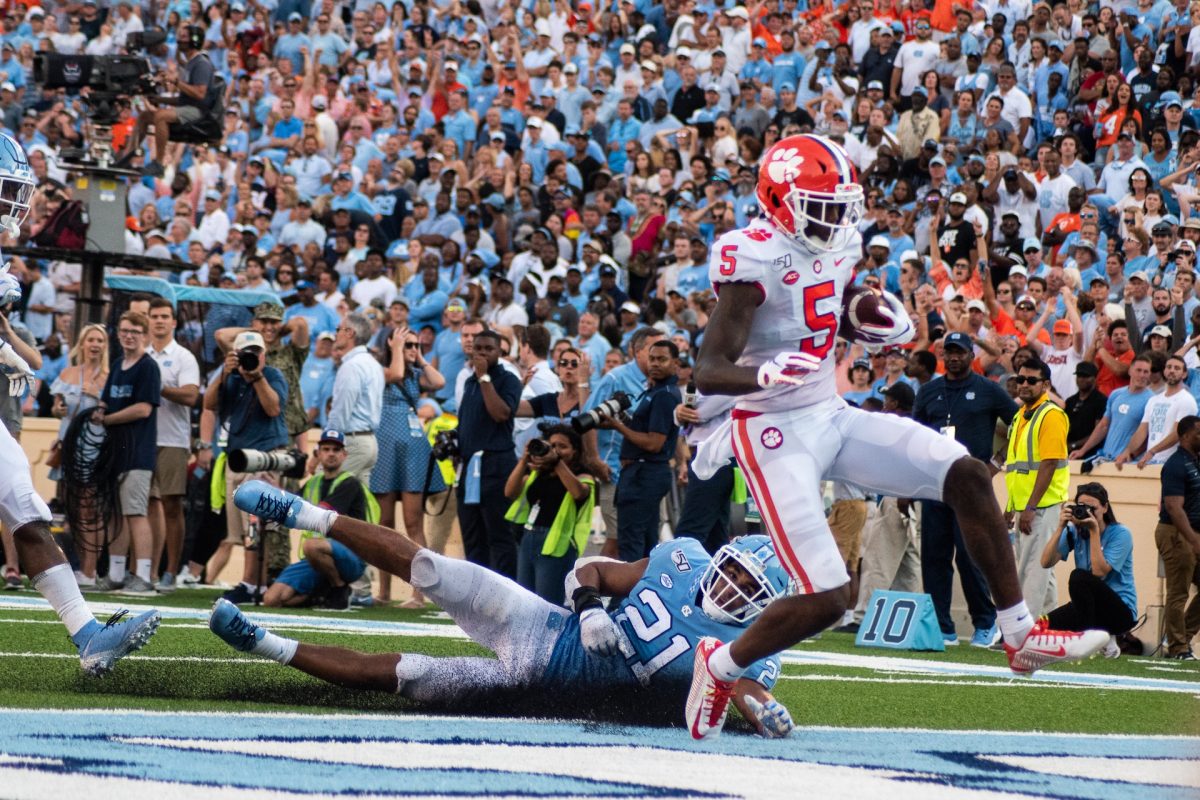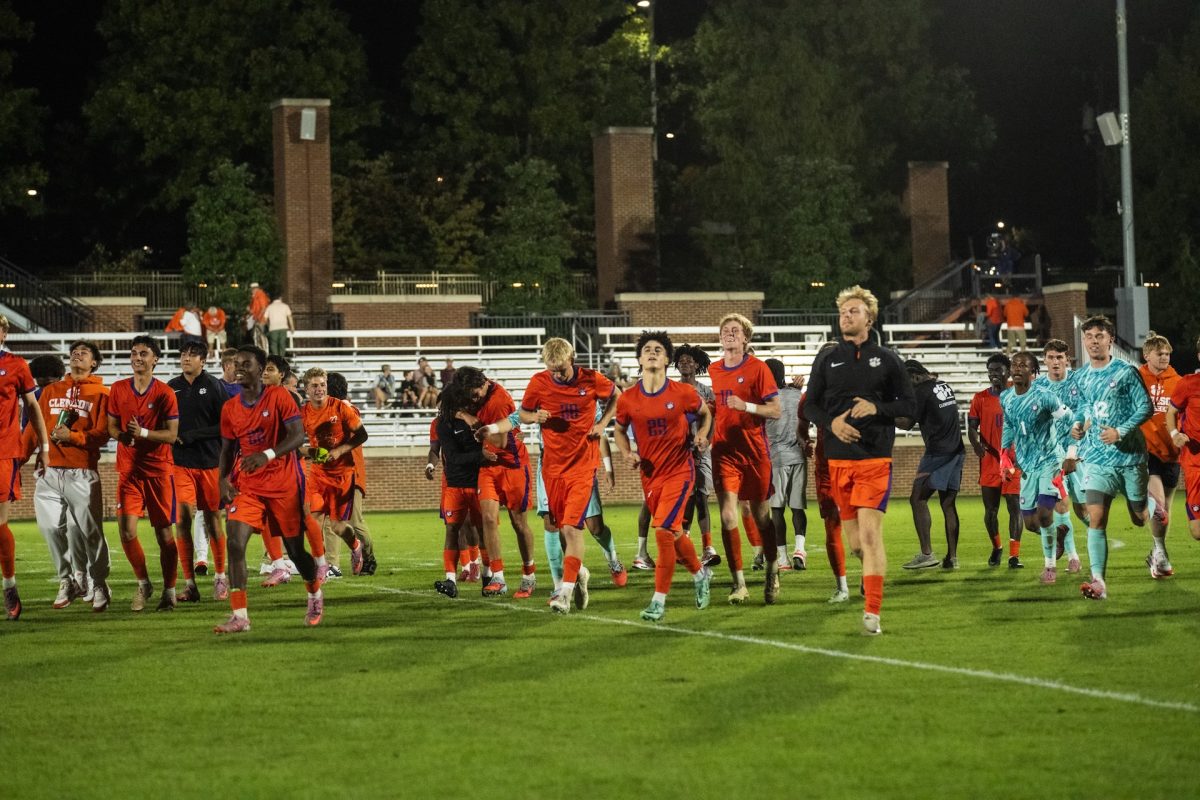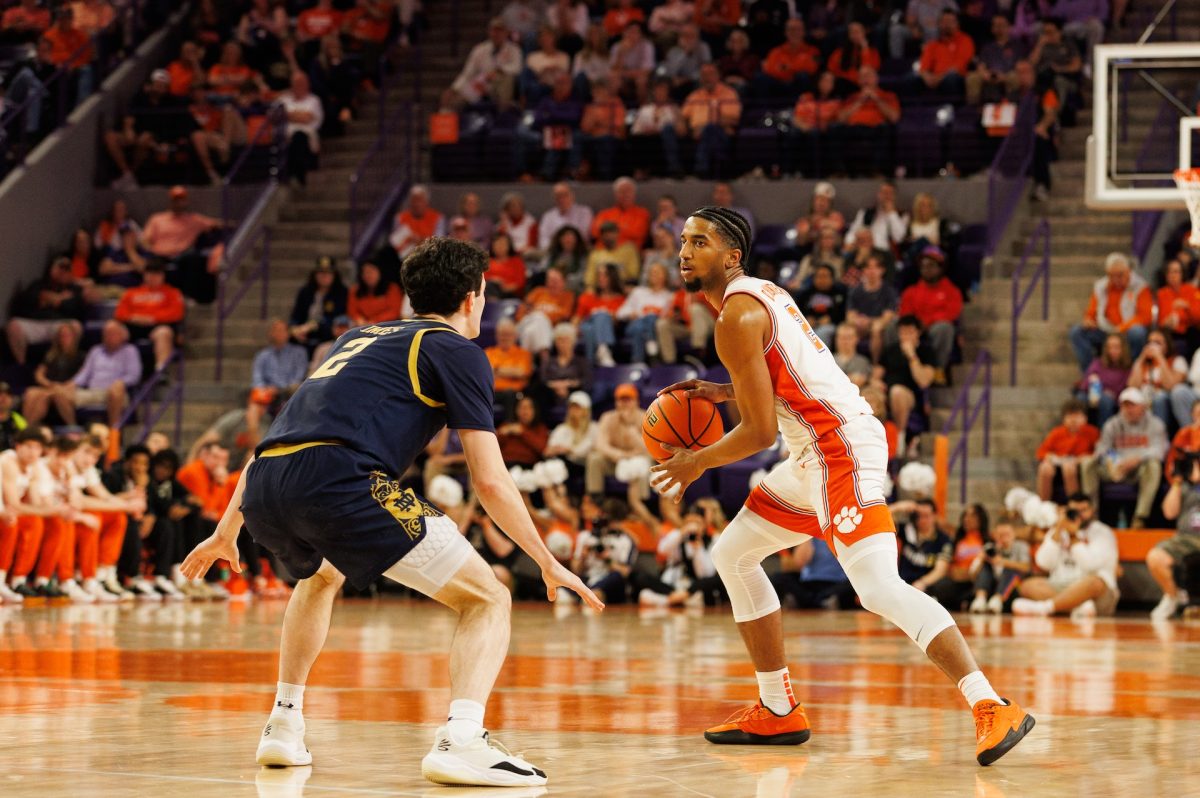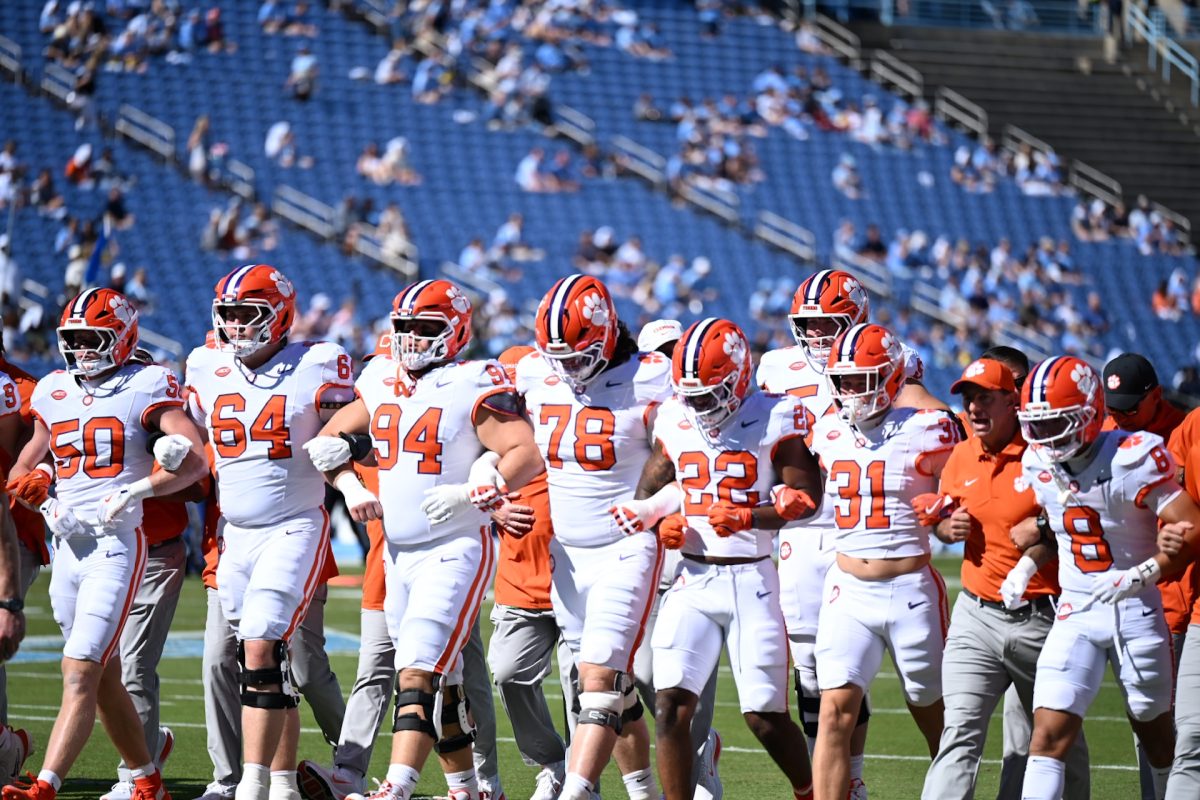Following Clemson’s first-ever AAU National Tournament run, the club ice hockey team believed their success this season would prove their value to Clemson. However, the team was informed by the Student Funding Board just weeks later that they would receive barely a quarter of the financial assistance requested for the 2023-2024 season.
The team requested $60,295 for the upcoming season but was awarded only $16,756. Comparatively, last season they requested $32,768 and received $25,074.
“It is very discouraging when the school does not (recognize our potential) even when we have done everything they want to see–and then some,” assistant captain Thomas Samuelsen said.
While the team recognizes that the amount of money requested is significantly higher than in previous years, they attribute these necessary finances to their growth and success over the past few seasons, including a trip to West Chester, Pennsylvania, to represent Clemson at Nationals.
The trip required contingency funding, and the team was advised to include the $20,000 cost of the trip in its budget for next season. Despite this recommendation, the team received $3,244 less than the cost of a Nationals trip alone as their budget for the entire 2023-2024 season.
There were massive cuts across the board this year when it came to allocating money from the Student Activity Fee; the average allocation was 45.2% of what clubs initially requested, Clara Cullum, chair of the Student Funding Board, told The Tiger.
The most significant effect the budget cut will have on the hockey program is on its practice schedule.
“In this year’s budget, we asked for funding for (one and a half) the amount of practice money as we have in previous years,” assistant captain Ben Brucker said. “This would allow us to practice twice a week when we play significant games (against) more competitive teams. Having (significantly) less funding, it will be very hard to make up for this.”
In addition to its practice schedule, the team’s ability to pay officials, travel and keep up with other clubs will suffer as well.
The Student Funding Board allocates funds based on three categories, one of which is campus reach.
“This past season, we added (six) internship positions and (two) manager positions to broaden our campus reach and allow students to showcase their various skills,” Samuelsen said.
“We volunteered at Clemson Elementary and taught hockey to (students) in gym class, and we also held a hockey game at Bon Secours that brought together people from the community and hundreds of students,” Samuelsen continued. “We have put a lot of time and effort into making our program better and sharing our passion for the game with others.”
The Student Funding Board had a record-breaking number of requests this year, with over 200 organizations requesting funding valued at more than double the amount available to the board from the Student Activity Fee, according to Cullum.
“Please understand that allocation reductions in part reflect the necessity that this resource is shared so we can all have the opportunity to support our unique interests and activities, Cullum said. “We wish we had the resources to fully support every organization’s endeavors fully.”
While the team awaits another meeting with the Student Funding Board in hopes of receiving an explanation about the budget cut, the players have begun brainstorming ways to save their season.
“We already planned on increasing our dues as we hope to do more and more as a team each year,” Brucker said. “We currently pay $1,000 for the year, which is already a significant amount. We are also very lucky to have generous parents on the team who make donations when the team is in need.”
The Student Funding Board recommended that club sports, such as the hockey team, consider additional methods to generate revenue, including charging tournament entry fees, working concessions at games and matches and seeking alumni donations.
The hockey team’s general consensus is this: while other universities actively support their club sports, Clemson’s consistent underfunding and removal of resources from club teams, regardless of their success, proves that although they constantly profit off athletics, they could not care less about non-scholarship athletes.
The Student Funding Board cannot increase the Student Activity fee due to a South Carolina law prohibiting raising maximum fees. However, they said their heart goes to every organization affected by the budget cuts.
Categories:
Clemson club ice hockey speaks on insufficient funding
Kelly Kaelblein, Senior Reporter
April 6, 2023
Ellie Godwin // Provided
Assistant captain Ben Brucker leads the Tigers off the ice before Clemson’s game against Middle Tennessee on Jan. 13, 2023.
0
About the Contributor

Kelly Kaelblein, Asst. Sports Editor
Donate to The Tiger
Your donation will support the student journalists of Clemson University. Your contribution will allow us to purchase equipment and cover our annual website hosting costs.
More to Discover



